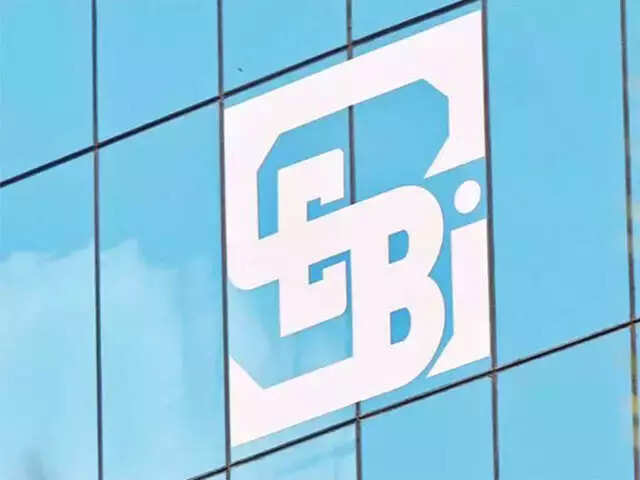The Union Cabinet has approved amendment in the General Insurance Business (Nationalisation) Act, 1972 to facilitate privatisation of one general insurance company in the public sector. A top Finance Ministry official confirmed to BusinessLine that Union Cabinet in its meeting on Wednesday has given its nod. Now, a bill will be moved in the Parliament. Although, the bill is not part of the indicative schedule of legislation for the monsoon session, it is not clear whether the Bill will be introduced during any of the remaining days of the session which is scheduled to end on August 13.
The amendment is follow-up to the budget announcement when Finance Minister Nirmala Sitharaman had said: “We propose to take up the privatization of two Public Sector Banks and one General Insurance company in the year 2021-22. This would require legislative amendments and I propose to introduce the amendments in this Session itself.” However, the bill could not be tabled during the budget session as it was curtailed on account of pandemic.
Four general insurance companies
As on date, there are four general insurance companies in the public sector – National Insurance Company Limited, New India Assurance Company Limited, Oriental Insurance Company Limited and the United India Insurance Company Limited. Now, one of these will be privatised for which the Government is yet to finalise the name.
The General insurance industry was nationalized in 1972 and 107 insurers were grouped and amalgamated into four Companies – National Insurance Co. Ltd., The New India Assurance Co. Ltd., The Oriental Insurance Co. Ltd. and United India Insurance Co. Ltd. The General Insurance Corporation (GIC) was incorporated in the year 1972 and the other four companies became its subsidiaries. In November 2000, GIC was notified as the Indian Reinsurer, and its supervisory role over its subsidiaries was brought to an end. From 21 March 2003, GIC’s role as a holding company of its subsidiaries also came to an end and the ownership of the subsidiaries was transferred to the Government of India.
Also read: In relief to depositors, Cabinet clears Bill to amend Deposit Insurance Act
It is believed that amendment will focus on two provisions of the General Insurance Business (Nationalisation) Act, 1972. One is section 10A which prescribes transfer to Central Government of shares vested in Corporation (General Insurance Corporation). It says “all the shares in the capital of the acquiring companies, being – the National Insurance Company Limited, the New India Assurance Company Limited, the Oriental Insurance Company Limited and the United India Insurance Company Limited and vested in the Corporation before the commencement of the General Insurance Business (Nationalisation) Amendment Act, 2002 shall, on such commencement, stand transferred to the Central Government.
Another important section is 10B. which says “the General Insurance Corporation and the insurance companies specified in section 10A may, raise their capital for increasing their business in rural and social sectors, to meet solvency margin and such other purposes, as the Central Government may empower in this behalf. However, the shareholding of the Central Government shall not be less than 51 per cent at any time.”
